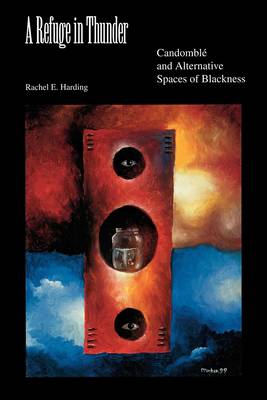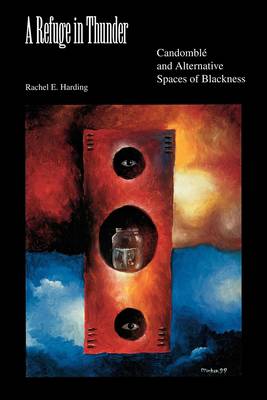
- Retrait gratuit dans votre magasin Club
- 7.000.000 titres dans notre catalogue
- Payer en toute sécurité
- Toujours un magasin près de chez vous
- Retrait gratuit dans votre magasin Club
- 7.000.000 titres dans notre catalogue
- Payer en toute sécurité
- Toujours un magasin près de chez vous
Description
"[An important] detailing of the development and evolution of a major institution of the African Diaspora [and] of Brazilian and Afro-Brazilian identity." --Sheila S. Walker
The Afro-Brazilian religion Candomblé has long been recognized as an extraordinary resource of African tradition, values, and identity among its adherents in Bahia, Brazil. Outlawed and persecuted in the late colonial and imperial period, Candomblé nevertheless developed as one of the major religious expressions of the Afro-Atlantic diaspora. Drawing principally on primary sources, such as police archives, Rachel E. Harding describes the development of the religion as an "alternative" space in which subjugated and enslaved blacks could gain a sense of individual and collective identity in opposition to the subaltern status imposed upon them by the dominant society.
Spécifications
Parties prenantes
- Auteur(s) :
- Editeur:
Contenu
- Nombre de pages :
- 272
- Langue:
- Anglais
- Collection :
Caractéristiques
- EAN:
- 9780253216106
- Date de parution :
- 19-02-03
- Format:
- Livre broché
- Format numérique:
- Trade paperback (VS)
- Dimensions :
- 154 mm x 234 mm
- Poids :
- 421 g







